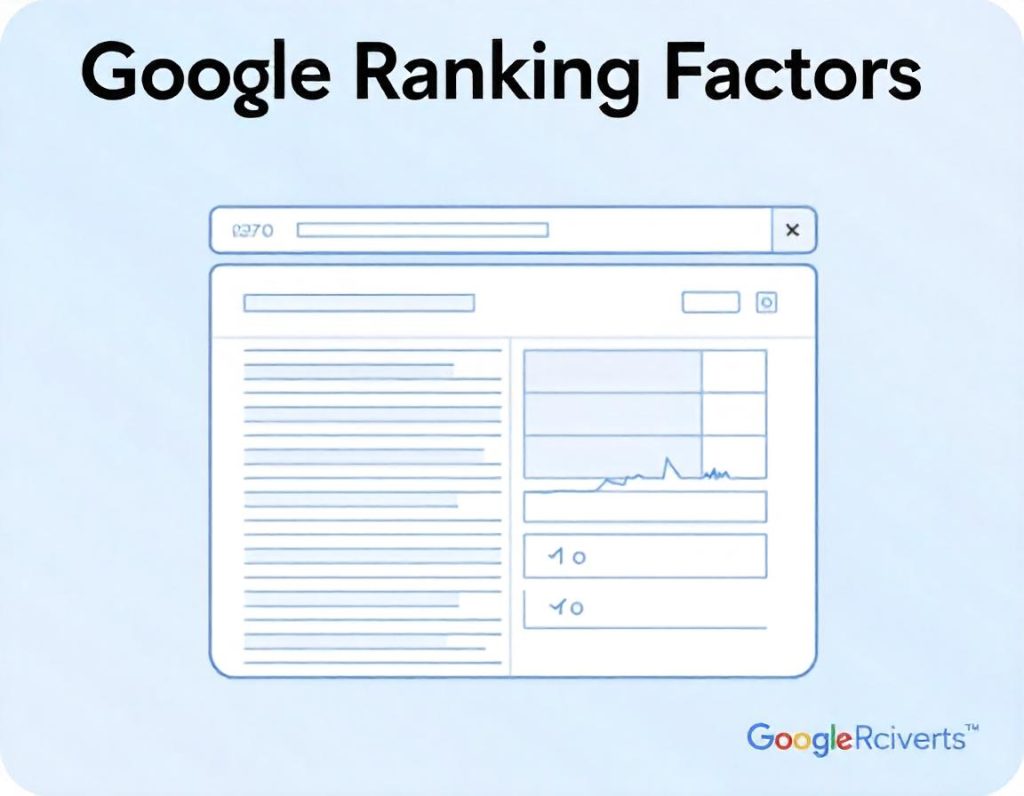Google uses a complex algorithm with hundreds of factors to determine search engine rankings. Understanding these ranking factors is key to optimizing your website and improving visibility. Here are some of the most important ranking factors:
How to Make Money as a Fashion Affiliate Marketer
Content Quality
- Relevance: Content must match the user’s search intent and provide valuable information.
- Originality: Unique and plagiarism-free content ranks higher.
- Keyword Optimization: Proper use of primary and secondary keywords enhances visibility.
- Content Depth: In-depth and comprehensive content is preferred over shallow, superficial articles.
User Experience (UX)
- Mobile-Friendliness: Websites optimized for mobile devices rank higher.
- Page Speed: Fast-loading pages improve rankings and reduce bounce rates.
- Navigation: A clean and intuitive design helps users find what they need quickly.
- Engagement Metrics: High click-through rates (CTR), low bounce rates, and long dwell times indicate good UX.
Backlinks
- Authority: Links from high-authority websites carry more weight.
- Relevance: Links from sites in a similar niche or industry improve SEO.
- Diversity: A mix of link sources (blogs, news sites, forums) indicates a natural backlink profile.
- Anchor Text: Descriptive and keyword-rich anchor texts improve context and ranking.
On-Page SEO
- Title Tags: Optimized titles with keywords improve click-through rates and rankings.
- Meta Descriptions: Compelling meta descriptions encourage users to click on your page.
- Header Tags: Proper use of H1, H2, and H3 tags organizes content for both readers and search engines.
- Internal Links: Linking to relevant pages within your site enhances navigation and SEO.
Make Money in 7 Days as an Entertainment Blogger and Affiliate Marketer – The Easy Way!
Domain Factors
- Domain Authority (DA): Websites with high DA have better ranking potential.
- URL Structure: Short, descriptive URLs with keywords rank better.
- Domain Age: Older domains tend to rank higher, assuming consistent SEO efforts.
Technical SEO
- Secure Websites: HTTPS is a ranking signal, and secure sites are favored.
- XML Sitemap: Helps Google crawl and index your site more effectively.
- Robots.txt: Guides search engines on which pages to index or ignore.
- Structured Data: Schema markup helps search engines understand your content better.
Local SEO
- Google My Business (GMB): A fully optimized GMB profile boosts local rankings.
- NAP Consistency: Ensure your Name, Address, and Phone Number are consistent across all platforms.
- Local Keywords: Targeting location-specific keywords enhances local visibility.
- Online Reviews: Positive reviews on platforms like Google and Yelp improve rankings.
User Signals
- Click-Through Rate (CTR): Pages with higher CTR are seen as more relevant.
- Dwell Time: The longer users stay on your page, the better it signals quality.
- Bounce Rate: Lower bounce rates indicate that visitors find your page useful.
Blog Writing & SEO Optimization Services
Freshness
- Regular Updates: Frequently updated content ranks better in dynamic niches.
- New Content: Creating fresh articles, blogs, and resources boosts rankings.
- Seasonal Relevance: Timely content aligned with current trends performs well.
Keyword Usage
- Primary Keywords: Use them in titles, headers, and throughout the content naturally.
- LSI Keywords: Incorporate related keywords to enhance semantic relevance.
- Keyword Density: Avoid overstuffing; maintain a natural flow in content.
Multimedia Content
- Images: Optimized images with alt text improve SEO.
- Videos: Adding relevant videos increases engagement and time on page.
- Infographics: Visually appealing infographics attract backlinks and shares.
Social Signals
- Shares and Likes: High engagement on social media can indirectly boost rankings.
- Traffic from Social Platforms: Increased traffic from social media signals relevance.
Core Web Vitals
- Largest Contentful Paint (LCP): Measures loading performance.
- First Input Delay (FID): Assesses interactivity and responsiveness.
- Cumulative Layout Shift (CLS): Evaluates visual stability.
Boost Your Blog and Website with SEO – 50 Articles for Just $20!
E-A-T (Expertise, Authority, Trustworthiness)
- Author Credibility: Content written by industry experts is ranked higher.
- Trustworthy Sources: Backing content with reliable data or references boosts credibility.
- Positive Reputation: Good online reviews and mentions enhance E-A-T signals.
